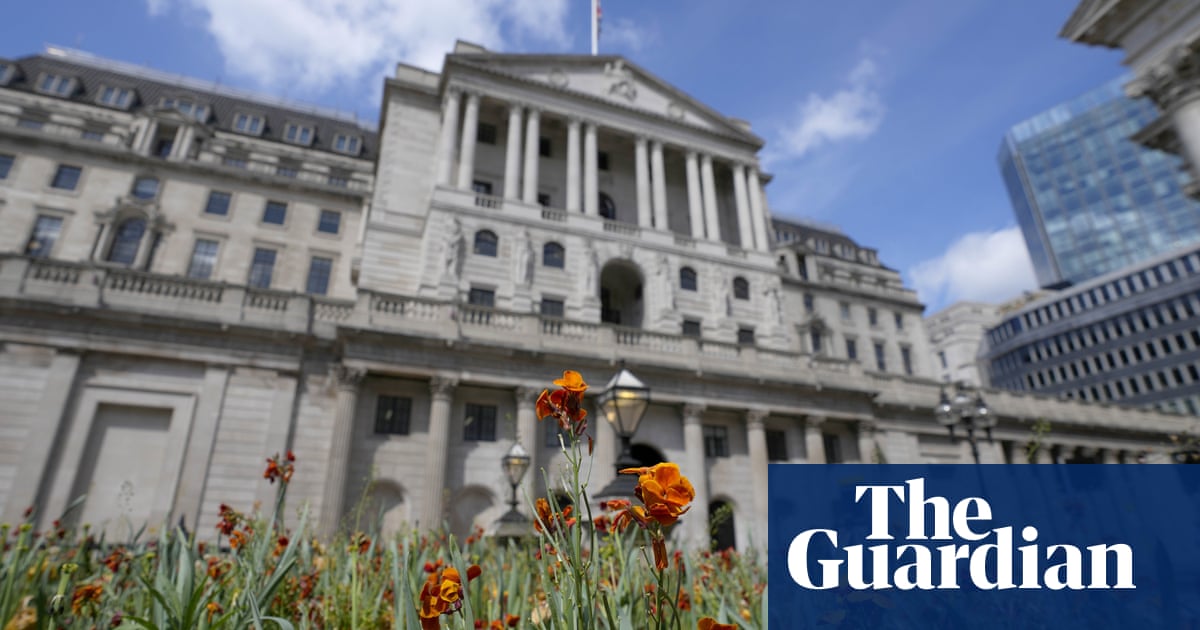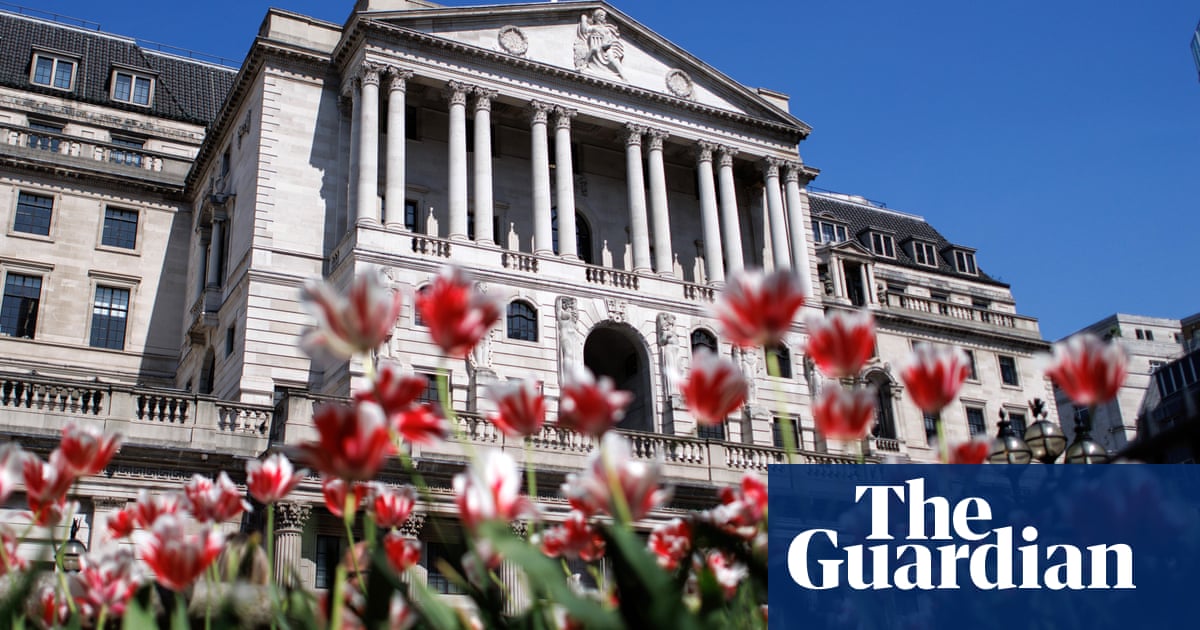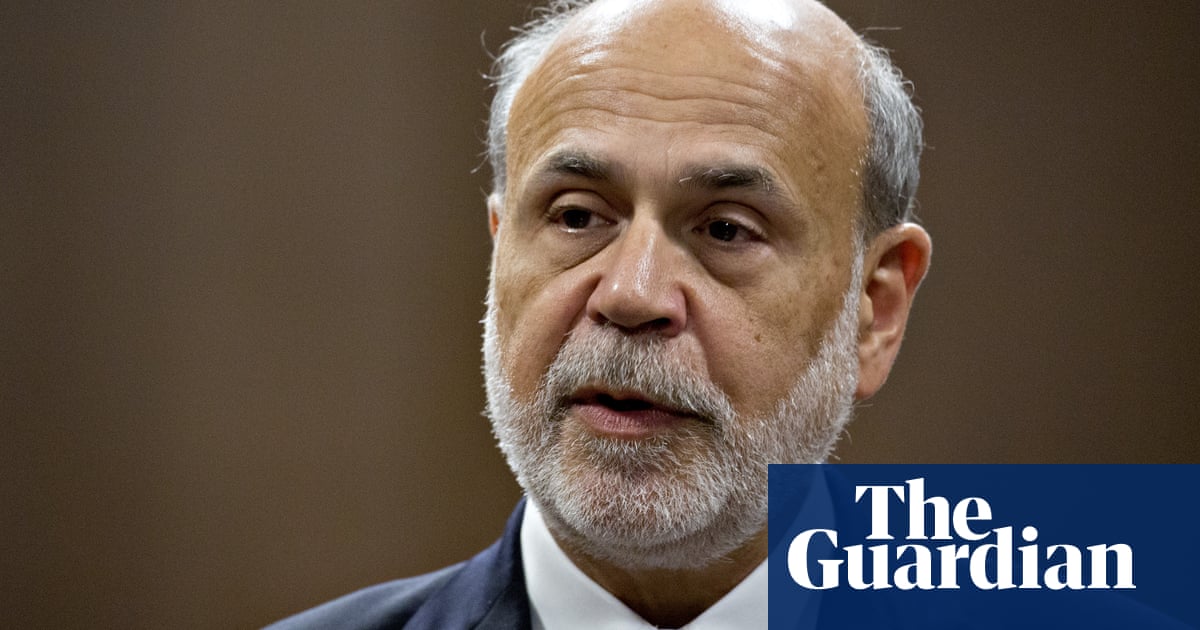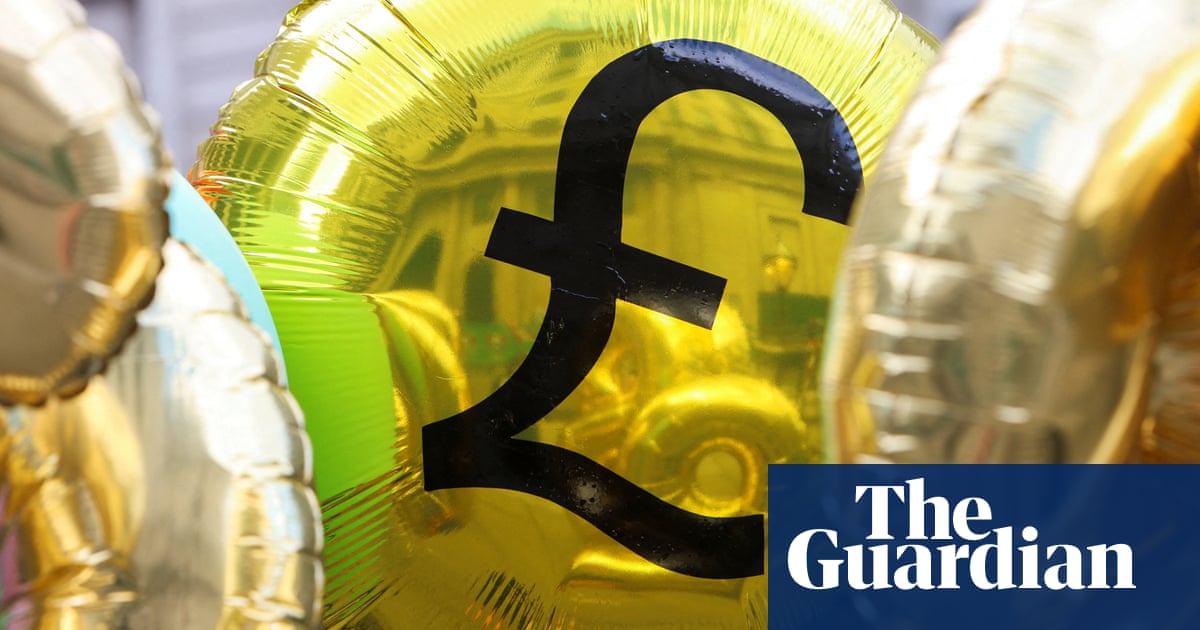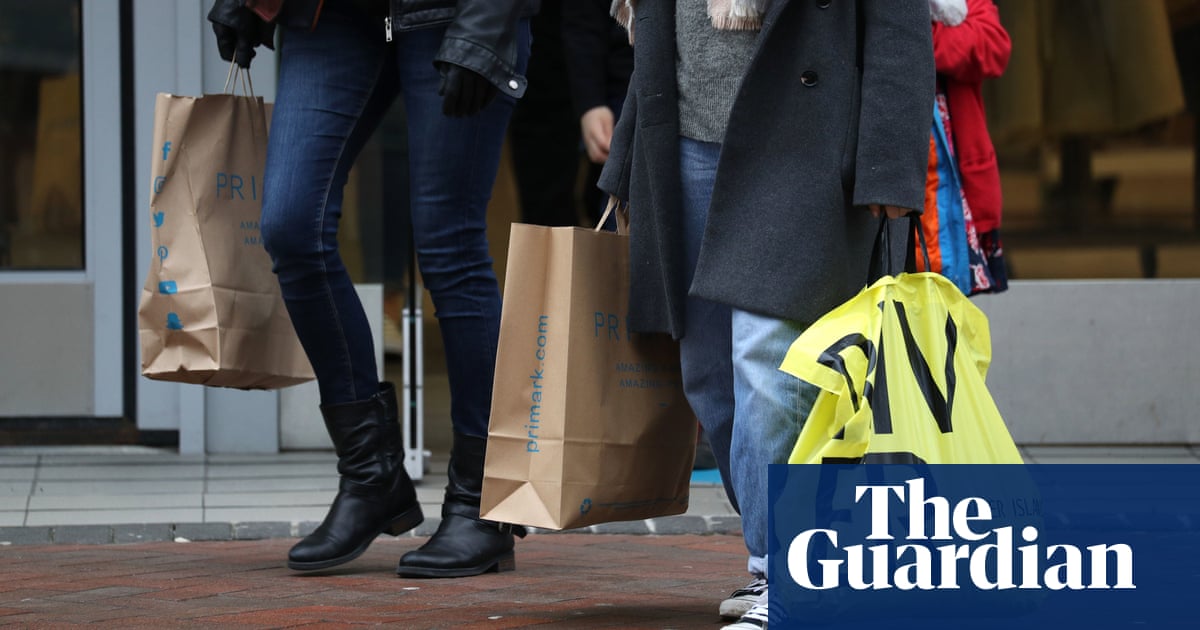
Consumers are cutting back on purchases amid growing pressure on the Bank of England to tame inflation.
Retail sales increased 5.2% on a like-for-like basis in April compared with the same period a year earlier, according to data from the British Retail Consortium and the consultancy KPMG.
But that headline growth in retail sales, which is not adjusted for inflation, masked slumping volumes of goods and services. Inflation is stuck in double digits at 10.1%, and has fallen more slowly than expected.
Rate-setters at the Bank of England are due to meet this week as they battle to tame the rising cost of living. Many economists predict they will raise its key interest rate by 0.25 percentage points, taking it to 4.5% – a fresh 14-year high.
It comes as British retailers cling on to hopes of a summer of spending. The latest weak retail figures have added to fears of a hit to the UK economy if the “tank empties” for consumers.
Separate figures compiled by Barclays showed a 4.3% year-on-year increase in consumer card spending in April, which is also well short of inflation.
“Consumer demand has so far been fairly resilient to the twin drags of high inflation and high interest rates, but as government energy support comes to an end for many, savings start to dwindle and other household bills rise, it is likely that the next few months will continue to be challenging as the consumer tank empties,” said Paul Martin, the UK head of retail at KPMG.
Sales volumes fell across food and non-food items such as clothing, with poor weather putting a dampener on consumers’ appetite for summer outfits.
“Retailers will be hoping that the Coronation, coupled with a month full of bank holidays and inflation levels starting to head in the right direction, will boost consumer confidence significantly enough to start to see real, profitable growth,” Martin said.
There are also increasing signs that grocery shopping habits are shifting in response to higher living costs.
Almost nine in 10 shoppers (89%) said they were worried about the impact of rising food prices on their personal finances, and almost seven in 10 (67%) were thinking about how to cut their cost of their weekly shop, according to Barclays’ figures, which combine survey and card spending data.
It adds to a growing body of evidence that shoppers are swapping fresh food for frozen alternatives, as well as seeking out “yellow sticker” reduced items. Almost 70% of the 2,000 respondents to the Barclays survey said they had swapped to cheaper alternative products to save cash, with nearly a quarter shifting to frozen foods.
Still, while the impact of the sharp and sustained rise in prices in the economy will trouble rate setters at the central bank, they will have to balance this with the negative consequences of higher interest rates.
The UK economy has posted a relatively weak economic performance in recent months. The latest figures showed the economy was flatlining in February and the UK’s recovery to pre-Covid levels has remained slower than that of any other G7 economy.
Raising interest rates may help to cool some domestic inflation, but cannot cut the cost of imports and it can act as a brake on growth, as they drive up borrowing costs for consumers and businesses.
As well as the weakest post-Covid performance for growth among its G7 peers, the UK faces the most aggressive inflation.
Economists at Goldman Sachs, a big investment bank, predict that the Bank of England will be forced to raise rates to 5% this summer.
While some measures of consumer confidence have improved, and energy bills are set to fall in the coming months “higher mortgage rates cloud the outlook as households continue to refinance at significantly higher rates through the year”, Abbas Khan, a UK economist at Barclays, said.





